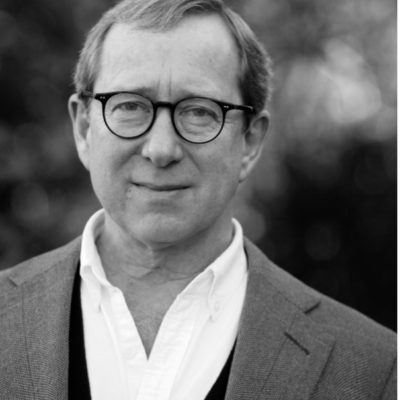Adam Begley
As an American who’s lived for twenty-five years in England, I have divided loyalties. My family heritage also pulls in two directions: a Protestant mother (she was agnostic but claimed to be Unitarian) and a Polish Jewish father, an atheist who survived World War II in Poland, on the run with his mother. It’s the same again with my professional life: I’m a writer and also a critic, and sometimes I worry that my creative impulse is no match for my critical faculty.
I grew up in Manhattan, Paris, and a small town in the hills of western Massachusetts. Having started reading early, I never stopped. My education was lopsided. I was enthusiastic about anything to do with books, hopeless at maths and sciences. Although my father said he would eat his hat if I got into Harvard, I was offered a place. (My father failed to make good on his promise). Having greatly enjoyed my undergraduate years, I decided to postpone engagement with the real world and pursue a doctorate in English and American literature at Stanford.
Armed with a PhD but determined to avoid the constraints of the academy, I tried my luck as a freelance writer. Some of my earliest articles appeared in the London Review of Books. Eventually I was able to make a decent living selling profiles and book reviews to magazines and newspapers. In 1997, just before I moved to England, I became the books editor of The New York Observer, a vibrant publication in those days and a great place to work (especially if you lived an ocean away from the cramped Upper East Side offices).
In 2009, after a dozen years at the Observer, I was asked by a publisher if I’d be interested in writing a biography of the prolific American novelist, John Updike. I said yes, eagerly, and quit my job, in part because the Observer had been bought three years earlier by a 25-year-old philistine named Jared Kushner (the future son-in-law of Donald Trump), who was obviously about to run the paper into the ground.
The downside of writing a well-received biography is that you are henceforth labelled a biographer and expected to churn out more of the same. And so after Updike came The Great Nadar: The Man Behind the Camera, and Houdini: The Elusive American. The book I’m working on for the last several years is biographically-driven history; I’m supposed to have finished it by the end of 2023, but I have my doubts about that deadline.
England has provided me with the perfect wife, two delightful stepchildren, two step-grandchildren, a handsome old vicarage in the Cambridgeshire countryside, two lurchers I dote on, and some healthy distance from my native country.
Close proximity to rest of Europe is a blessing. The perfect wife and I like to travel to cities where the art is at least as good as what we can find in London, with food to match. I enjoy sailing, squash, yoga, and (how does this fit?) supporting the Liverpool Football Club.
Sitting here at my desk, mulling things over at the behest of Circle Square, I’m surrounded by books, some piled menacingly high on my desk, the rest waiting patiently on the shelves. I can’t think of a better summary of my life so far: surrounded by books.
Share with Circle Square: Member Q&A
If you could offer your younger self one piece of advice, what would that be?
Learn to touch type.
What do you consider to be your greatest achievement?
I’m proud of the books I’ve written and I wouldn’t want to have to choose between them, so I will point instead to my dozen years at The New York Observer and the books and arts coverage I was responsible for.
Which person (dead or alive) would you most like to invite to dinner?
I’d like to have met Nadar (1820–1910), the exuberant photographer and aeronaut I wrote about in my second biography. He was uniquely engaging and totally unreliable. I would be well entertained over dinner (he knew everyone in Belle Époque Paris), and I might be able to squeeze out of him the truth about some of his wilder (and dubious) exploits.
How has age strengthened your advantage?
I’ve been able to let go of some of the desires and anxieties that troubled me in my youth—hard to tell whether that’s just the passage of time or the good work of the perfect wife.
What inspired you to join Circle Square?
My thirty-seven-year friendship with the co-founder, Nick Viner. And because I trust Nick implicitly in all matters, I’m turning the last question over to him….
Nick, what 3 words best describe Adam?
Charming, (fiercely) intelligent, fun.


